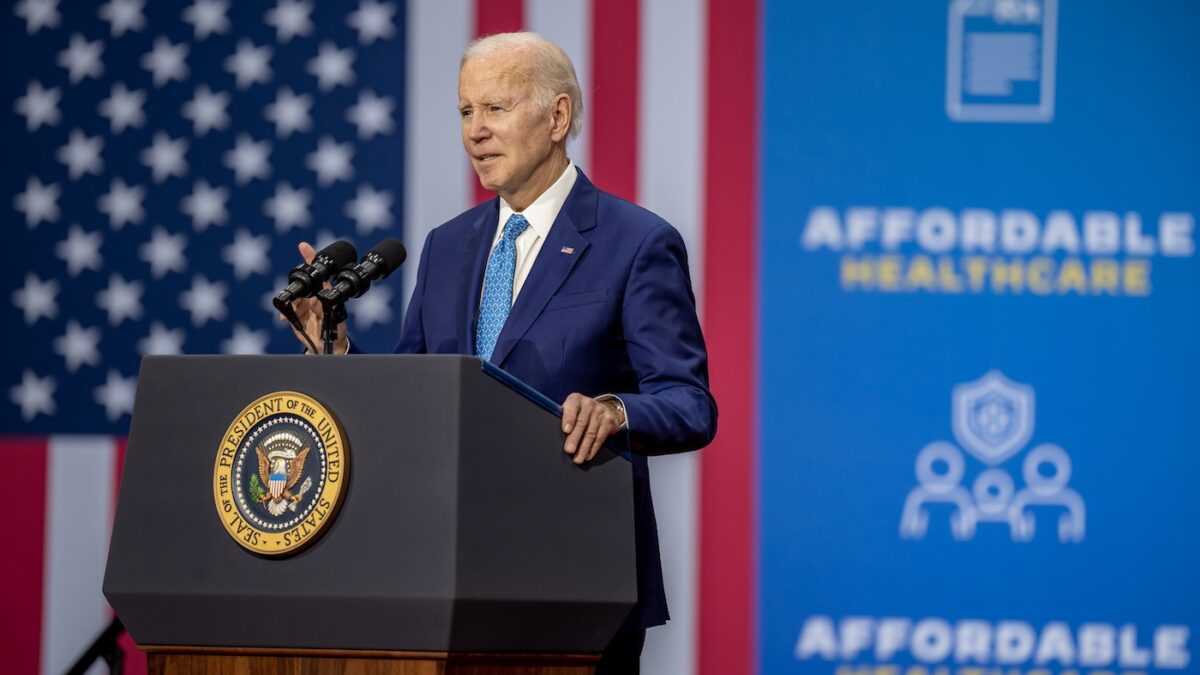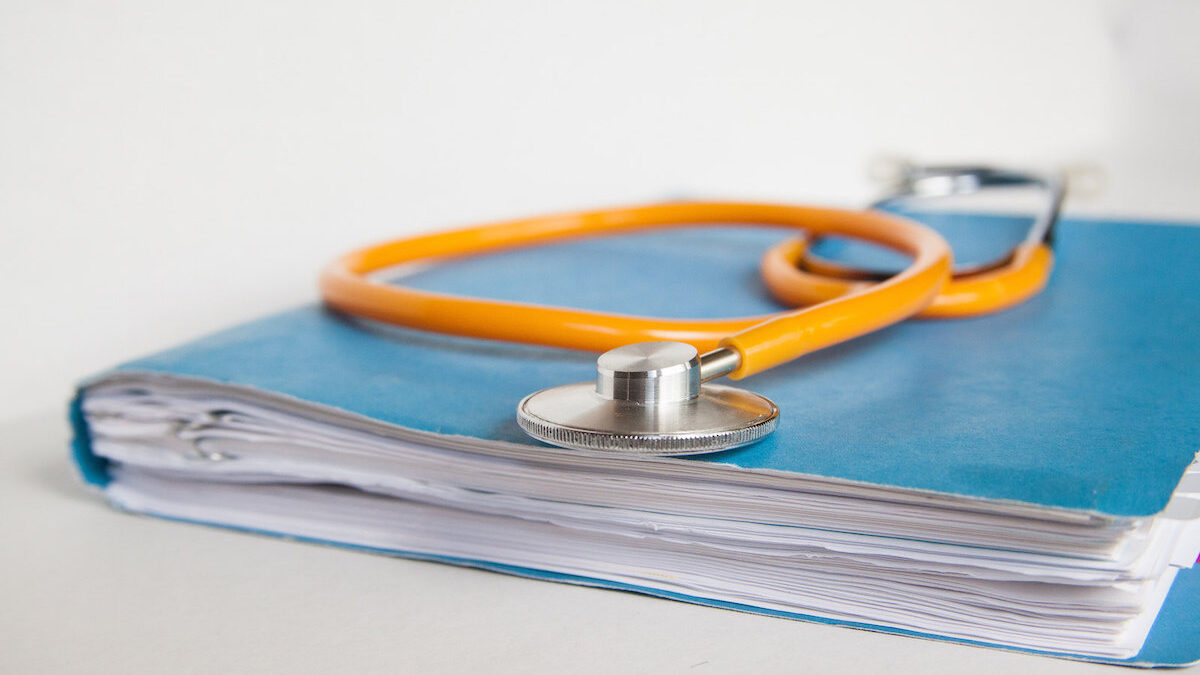
Buried beneath the Obamacare replacement debates is the philosophical question of whether health care is a “right.” Article 25 of the United Nations’ Declaration of Rights, for instance, declares it so. While this is correct as a means, it’s wrong as an end. Understanding the distinction is vital.
For the first time in human history, the Declaration of Independence announced that “all men are created equal.” As Abraham Lincoln argued, everyone is equal because everyone is free, and everyone is free because everyone is equal. Hence no man has the authority to rule over another without the other’s consent. Furthermore, because this equality emanates from the “Laws of Nature and of Nature’s God,” it imbues every individual with the rights to life, liberty, and the pursuit of happiness.
Government’s first purpose is to secure these natural rights, which means it’s proper for government to pursue policies that help carry them out. Our right to life, for instance, subsumes the means necessary to achieve it. As Harry Jaffa put it, “Providing food and medical care are among the means by which the purpose of securing the right to life is implemented” (emphasis added).
But just because our rights are secured by government, it does not follow that they must be provided by government. This means that while it is correct to suggest that people have a right to food, it is incorrect to say that the state must provide it. Indeed, flowing from our rights to liberty and life, we have the right to keep the fruits of our labor, through which the marketplace has proved superior in providing access to food, as failed communist states have made clear. This brings us to the heart of what is wrong with declaring health care—ex nihilo—a human right.
If Health Care Is a Right, Doctors Are Slaves
While in a sense we have a right to medical care (which is rightly why nobody is refused in an emergency), we possess it only as a means to an end (the right to life), not as an end itself. Making it an end—a “human right”— signifies that it is no longer legitimate to debate the wisdom and prudence of various means of providing it. In a word, means and ends become inverted. Health care turns into a categorical imperative of government. The result is a betrayal of both natural law and sound public policy.
Natural law emerges from our equality rooted in our common human nature as spelled out in the Declaration of Independence. In the words of Thomas Jefferson: “The evidence of this natural right, like that of our right to life, liberty, the use of our faculties, the pursuit of happiness, is not left to the feeble and sophistical investigations of reason, but is impressed on the sense of every man. We do not claim these under the charters of kings or legislators, but under the King of kings.”
Ergo, rights must emerge from and accord with human nature. Here’s Jefferson’s compatriot, George Mason: “Now all acts of legislature apparently contrary to natural right and justice, are, in our laws, and must be in the nature of things, considered as void. The laws of nature are the laws of God: A legislature must not obstruct our obedience to him from whose punishments they cannot protect us. All human constitutions which contradict His laws, we are in conscience bound to disobey. Such have been the adjudications of our courts of justice.”
Medical care stems not from human nature but from outside of it. This “positive rights” view allows for government to grant as a “human right” anything that may be desirable. But this leads to the problem of our “rights” competing with and contradicting one another. If I have a right to health care, then resources must be channeled for that purpose. But what if doing so sucks resources away from providing access to, say, food? Which right trumps which?
It’s Turtles All the Way Down
Some might reply that the solution to this dilemma is to simply legislate food as a human right, too. But that is no solution. For what, then, about housing? A decent wage? Education? Transportation? On what grounds can we reject these as “rights”? The regrettable fact of life is that our desires are infinite, but resources are not. Natural law remains the sole remedy for this predicament.
Moreover, increasing bureaucracy in health care is bad public policy. There is almost no arena in which government offers a good or service cheaper or more abundantly than private markets. Despite what we often hear, health care is hardly a “free market.” The U.S. government spends more on health care per capita than all but three countries in the world. Indeed, nearly half of all our health-care dollars are spent by the state. It’s no wonder costs have spiraled out of control.
Importantly, areas of the health industry where Uncle Sam has interfered least, such as cosmetic surgery and eye surgery, have witnessed either stable or declining prices. We would therefore do well to move health policy toward a more, not less, free-market solution.
But the first step in doing so is to understand the true basis of our rights, which begins by reacquainting ourselves with the natural law principles of the founding. “Let us readopt the Declaration of Independence, and with it the practices and policy which harmonize with it,” Lincoln implored. We should take his advice. We might begin with the truth that all men are created equal.









